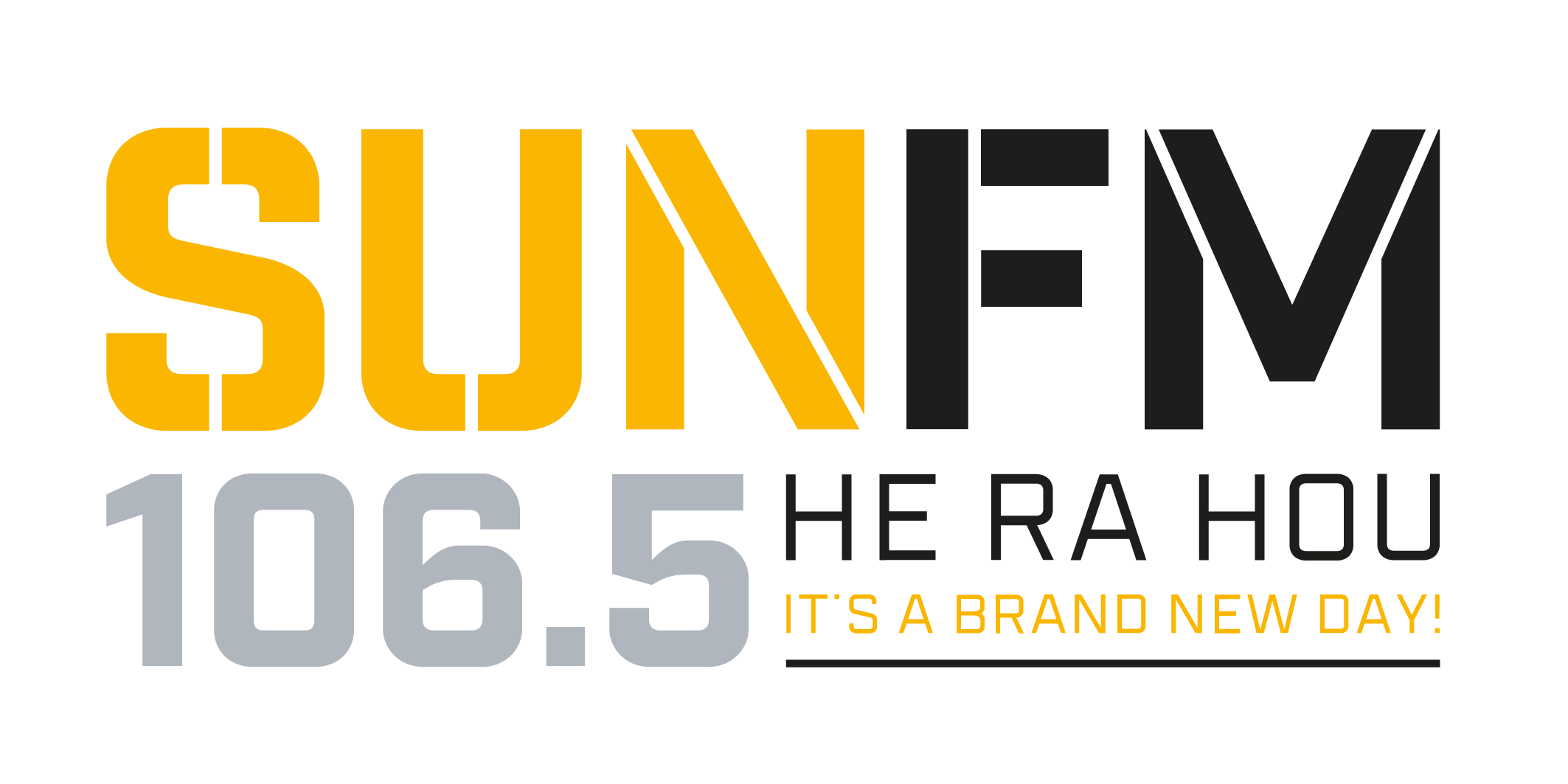Whakatāne District Council has developed a plan to help the District withstand and recover from both COVID-19 and the earlier Whakaari/ White Island eruption impacts.
The plan involves 13 initiatives that will be led mainly by the Council, but will require a strong partnership approach with Toi EDA, the EBOP Chamber of Commerce, the business sector, iwi and Central Government partners.
The plan aims to address short-term needs for the people who require it most, while planning for how best to support, rebuild and ‘re-imagine’ the District in the long-term. The plan takes into account the Whakatāne District’s unique position, having experienced two major economic setbacks within months of each other, but also builds on our strengths and strong existing partnerships.
The plan has four phases: managing the immediate economic impact; understanding longer-term consequences; transitioning to recovery; and recovery itself.
The first phase is Council’s short-term response package. The package includes initiatives such as interim relief to its commercial tenants through deferring rental payments.
Other measures to relieve the immediate impact of the economic restrictions are: early payment of Council suppliers; refunds for cancellation of building and resource consents; a policy for the Postponement or Remission of rates due to hardship; and the deferral of development contribution payments by negotiation. A key part of this phase is ensuring businesses are connected to support mechanisms and know where to get help.
Whakatāne District Council Chief Executive Steph O’Sullivan says the Council has moved swiftly on this phase as it understands the challenges being faced by businesses, individuals and families at this time.
“The Council is doing everything it possibly can to address these immediate issues for people by providing quick and effective relief while we work on longer-term solutions.”
The second and third phases of the plan allow the Council to better understand the longer-term impacts of COVID-19 and the Whakaari / White Island eruption on key business sectors and the wider economy. This forecasting will enable prioritisation of business support activities to generate employment and economic opportunities. Advocacy and support will continue to be provided for businesses, individuals and families to access all available support from Central Government.
Phase four will focus on how we will unlock large-scale economic & social regeneration programmes and utilises Government economic stimulus packages to encourage key sector growth and development.
“This is the phase where large infrastructure projects will be visible in our District and we’ll be working on how we might accelerate the projects funded through the PGF such as the boat harbour development and town revitalisation programme.
“Though the immediate recovery effort may seem daunting, we have an opportunity to re-imagine what the District’s future looks like. Innovative thinking and a partnership approach will be key drivers to success.
Ms O’Sullivan acknowledges the business and community leaders who have already been in touch with Council and signalled their commitment to assisting with our local response.
Council staff are working hard to present elected members with a range of funding and financing options that will look to reduce the impacts on residents and ratepayers but also look to the opportunities that are available to kick start our economy and strengthen our community resilience. A report on this will be provided to the Council meeting on 30 April 2020. In addition, this information will assist elected members in determining the draft Annual Plan 2020/21 which will be available for consultation in May 2020.




